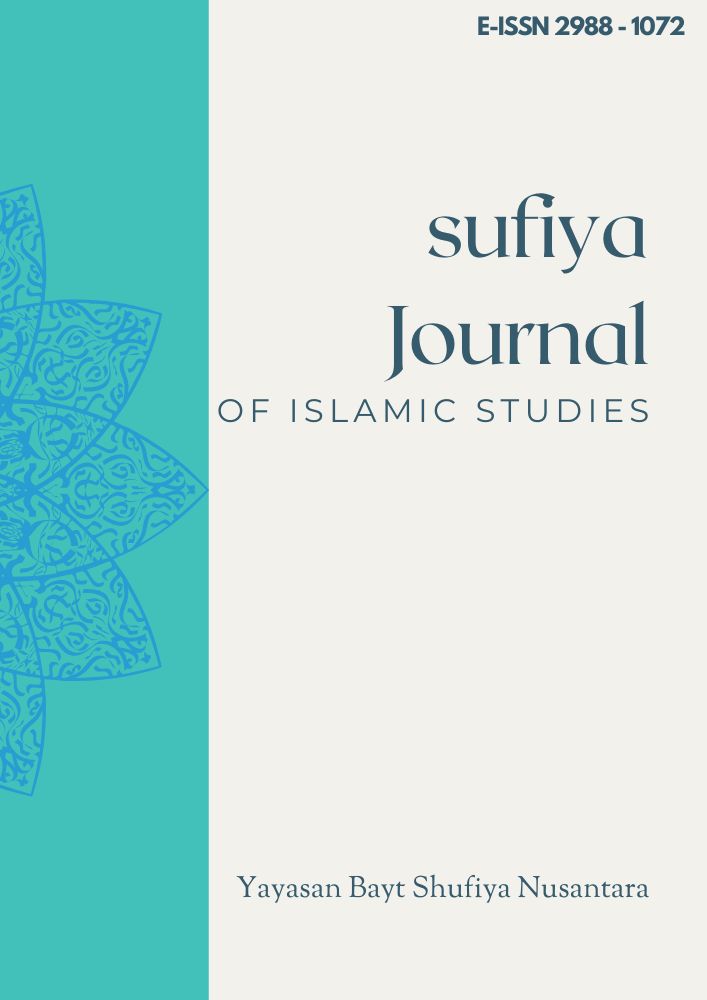Lexical Ambiguity in Gen Z's Digital Dialogue
Keywords:
Lexical Ambiguity, Generation Z, Digital CommunicationAbstract
This study investigates the manifestation and resolution of lexical ambiguity within the unique communicative landscape of Generation Z. As digital natives, Gen Z frequently engages in multimodal and context-dependent communication, often embedding double meanings in everyday discourse for humor, identity expression, and social cohesion. Utilizing qualitative content analysis, this research analyzed instances of ambiguous lexical usage gathered from Gen Z-dominant social media platforms such as TikTok, Instagram, and Twitter. A corpus of 150 samples was selected and analyzed through the lens of discourse analysis and pragmatics. The findings reveal that Gen Z commonly employs lexical ambiguity in the form of polysemy and homonymy, relying on contextual cues, shared cultural knowledge, and digital semiotics (e.g., emojis and memes) to disambiguate meaning. These results underscore the dynamic and strategic nature of language in digital spaces, offering insights into Gen Z's sophisticated use of ambiguity as both a communicative tool and a marker of group identity.
References
Escouflaire, L. (2021). Signaling irony, displaying politeness, replacing words: The eight linguistic functions of emoji in computer-mediated discourse. Lingvisticae Investigationes, 44(1), 79–103.
Hafatian, S., Farukh, A., & Younis, R. (2022). An analysis of the role of emojis and digitally created discourse in the construction of a digital global communicative society. Hayatian Journal of Linguistics and Literature, 6(1).
Keidar, D., Opedal, A., Jin, Z., & Sachan, M. (2022). Slangvolution: A causal analysis of semantic change and frequency dynamics in slang. arXiv.
Rumapea, T. I., & Damanik, B. A. R. (2025). Ambiguous expressions: A semantic study on slang in Gen Z narrative dialogues. Sindoro Cendikia Pendidikan, 16(7).
Sitohang, D. P., & Ristia, B. A. (2025). A semantic analysis of slang words used by Gen Z on social media. Young Journal of Social Sciences and Humanities, 1(2), 141–150.
Ugoala, B. (2024). Generation Z’s lingos on TikTok: Analysis of emerging linguistic structures. Journal of Language and Communication, 11(2), 211–224.
Wadeea, S. J. (2024). The cultural impact of Generation Z on neologism and its translation: Internet slangs as a model. Educational Administration: Theory and Practice, 30(6), 2751–2756.
Zhu, J., & Jurgens, D. (2021). The structure of online social networks modulates the rate of lexical change. arXiv.
Downloads
Published
How to Cite
Issue
Section
License
Copyright (c) 2025 Isabel Selmiola Sabrina, Bernieke Anggita Ristia Damanik

This work is licensed under a Creative Commons Attribution-ShareAlike 4.0 International License.














